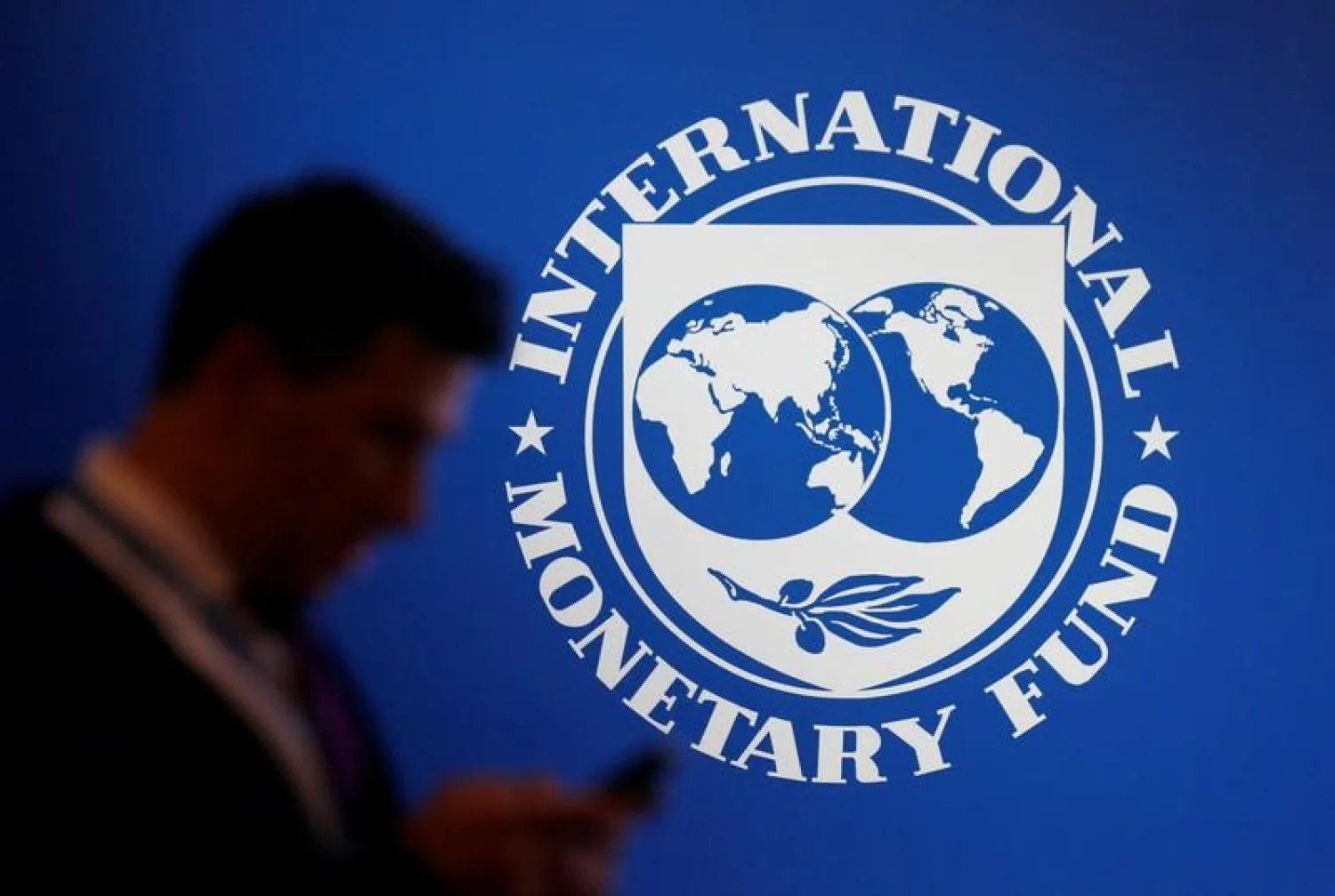The International Monetary Fund (IMF) completed its second review under the precautionary and liquidity line (PLL) arrangement for Morocco equivalent to $3 billion over two years, asserting that authorities have not drawn on the arrangement and continue to treat it as precautionary.
The Fund called upon the authorities to step up tax reforms and contain wage bill needed to lower the public debt-to-GDP ratio while securing priority investment and social spending in the medium and long term.
“A decisive and comprehensive tax reform should aim to secure adequate revenues while bringing about greater equity and simplicity of the tax system,” said the Fund.
Growth is expected to accelerate gradually over the medium term. However, the outlook remains subject to downside risks, including potential delays in reform implementation and the external environment.
The Fund noted that PLL arrangement continues to provide valuable insurance against external risks and support the authorities’ economic policies.
In addition, further improvements are needed in the efficiency and governance of the public sector, careful implementation of fiscal decentralization, strengthened state-owned enterprise oversight, and better targeting of social spending.
IMF’s Deputy Managing Director Mitsuhiro Furusawa announced that Morocco has made significant strides in strengthening the resilience of its economy in recent years.
In 2019, economic activity has weakened due to a contraction in agricultural output, while inflation remains low, said Furusawa.
“The external position is expected to improve only modestly, and fiscal consolidation has slowed down due in part to weaker-than-expected tax revenues and increased public wage spending.”
The Deputy Managing Director noted that the transition to greater exchange rate flexibility initiated last year would enhance the economy’s capacity to absorb shocks and preserve its external competitiveness.
He explained that the current favorable economic environment continues to provide a window of opportunity to conduct this reform in a sequenced and well-communicated manner.
Sustained reforms are needed to raise potential growth and reduce high unemployment, especially among the youth, increase female labor participation, and reduce regional disparities, according to Furusawa.
He concluded that reforms of education, governance, and the labor market should also contribute to more private sector-led growth and job creation.









